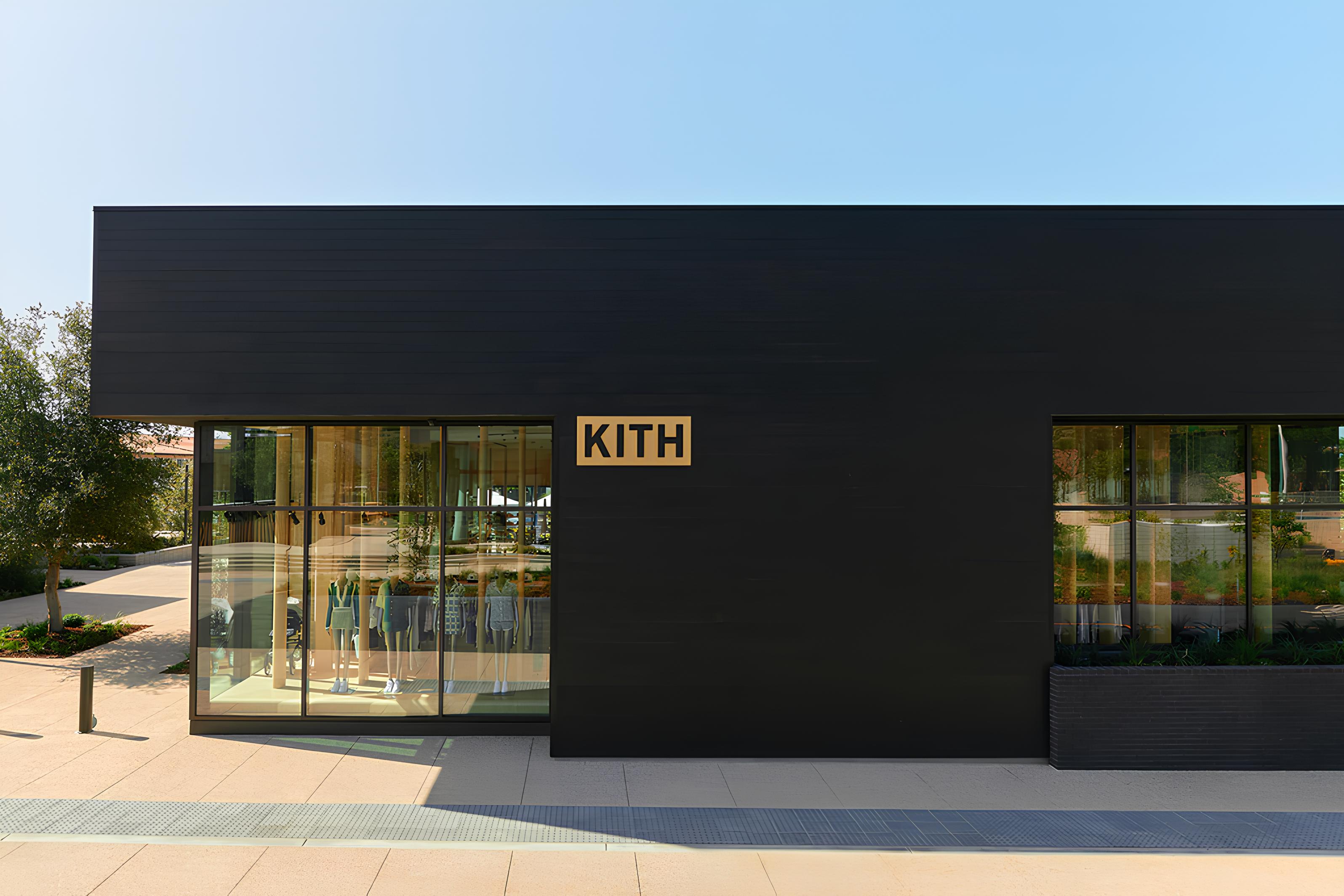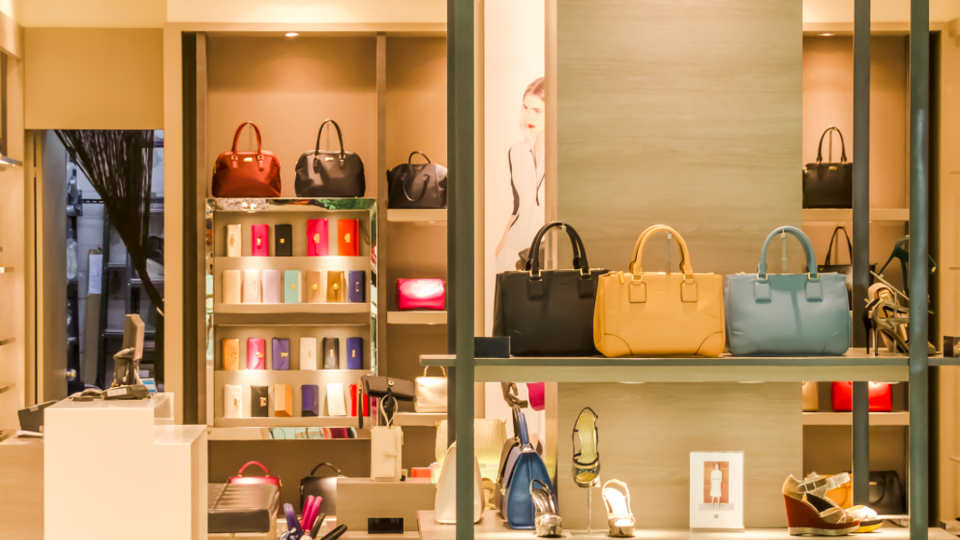The retail field is facing challenges with the competitive edge of e-commerce that is taking the shopping world by storm. However, this could actually be an asset for luxury brands.

The retail field is facing challenges with the competitive edge of e-commerce that is taking the shopping world by storm. However, this could actually be an asset for luxury brands.
The key to retail’s survival is the ability to closely integrate e-commerce with bricks-and-mortar business models, especially for luxury retailers.
In a new whitepaper, Frost & Sullivan has laid out what challenges the retail field is facing, most notably in pressure from e-commerce, and how retailers can stay competitive. Luxury retailers have a different set of challenges than the rest of retail, but e-commerce still plays a major role.
"Luxury retailers are actually facing less pressure form e-commerce than other bricks-and-mortar businesses," said Michael Jude, consumer communications services research manager at Frost & Sullivan, New York. "The reason is that they fill niche markets with exclusive clientele."
Join Luxury Society to have more articles like this delivered directly to your inbox
"Additionally, since luxury items have always been offered as a premium retail shopping experience, a significant portion of the perceived value is inherent in customer care," he said. "However, as alternative shopping experiences such as e-commerce invade even high end products, luxury retailers are finding they have to up their game in order to stay competitive.
"This means offering a customer specific experience driven by data: knowing the customer and his/her buying habits, preferences, etc."
Retail shakeups
There is no discussion about retail today that does not include e-commerce. As important as bricks-and-mortar will always be, e-commerce has been such a dominant and disruptive force that it is on the forefront of every retailer’s mind.
Frost & Sullivan estimates that by 2020, e-commerce will account for nearly 18 percent of the total retail market, making this factor even more important.
Since many retailers may not be able to survive an 18 percent loss, Frost & Sullivan recommends that e-commerce and digital tools are key to the survival of bricks-and-mortar stores.
But implementing these tools on a single-solution basis is not enough and will only lead to a constant game of catch-up with online retailers.

Consumers trust bricks-and-mortar over e-commerce. Image credit: Frost & Sullivan
Bricks-and-mortar retailers, even in the luxury industry, need to have a comprehensive e-commerce solution to deal with the growing desire for digital shopping experiences.
For luxury retailers, creating a high-quality personalized experience is paramount to keeping customers.
"Obviously everyone needs a Web portal these days, but luxury retailers need to tightly integrate their e-commerce with their bricks-and-mortar operations," Mr. Jude said. "Customers who check a website before they shop, in person, for a luxury item are looking for special treatment.
"An example might be shopping for a luxury automobile," he said.
"If a person checks out a luxury car on a website, the site could step the person through the available options and then connect directly to a dealer who would offer to bring that exact model around for the prospective customer to look over or offer to have that exact model at the showroom when the customer visits."
E-commerce tools
Many luxury retailers are already working to integrate their bricks-and-mortar strategies with e-commerce.
Department store chain Nordstrom is creating a link between digital browsing and the in-store shopping experience with the expansion of an omnichannel service.
Starting last fall, the retailer piloted a Reserve Online & Try In-store feature for six of its locations in its home state of Washington, allowing consumers to reserve items they see on its e-commerce platform in a dressing room at a nearby store. This service, which brings the convenience and speed of online shopping to the tactile bricks-and-mortar environment, is now being extended to about 40 stores across the United States (see story).
The increased prevalence of e-commerce tools has led to a democratization of the retail world, as was laid out in a report by Fashionbi.

Consumers are concerned about data collection. Image credit: Frost & Sullivan
One of the results of this democratization has been a number of partnerships between high-end designers and mass brands. Fashionbi lists Karl Lagerfeld’s collection for H&M;, Alexander McQueen for Target and Stella McCartney and Yohji Yamamoto for Adidas as examples of these kinds of collaborations.
The democratization has also pushed more brands to market products on social media and digital channels where they can be seen by more people, rather than in the exclusive pages of expensive magazines (see story).
For luxury retailers, e-commerce will be a valuable tool for the future, but it will have to be one that supplements the luxury experience and does not replace it.
"With luxury retail, the point is not competition based on price, or even convenience, it is based on exclusivity and personal attention," Frost & Sullivan's Mr. Jude .
Article originally published on Luxury Daily. Republished with permission.
Cover Image: Luxury retailers must embrace ecommerce to stay competitive. Image credit: Nordstrom










